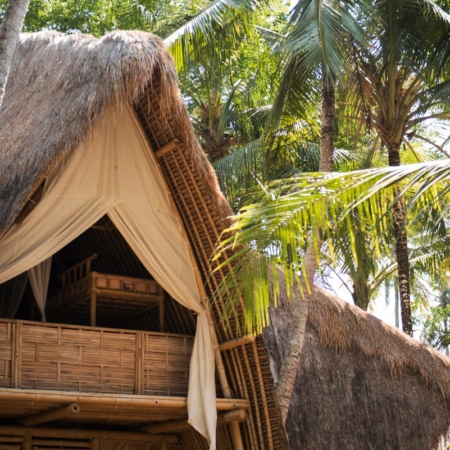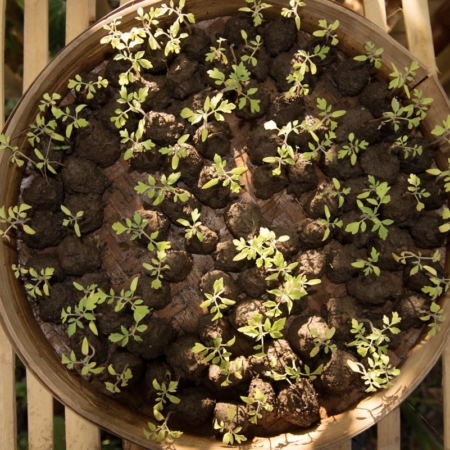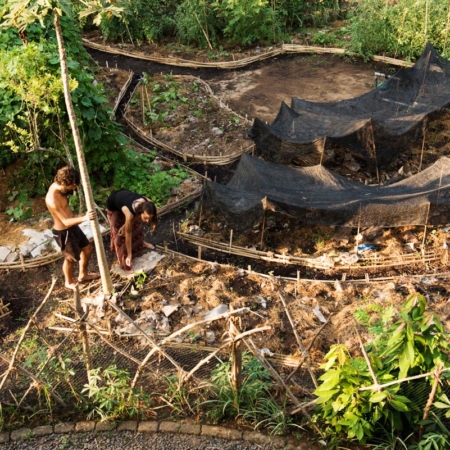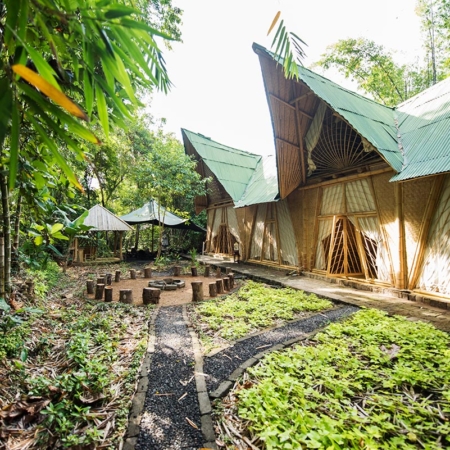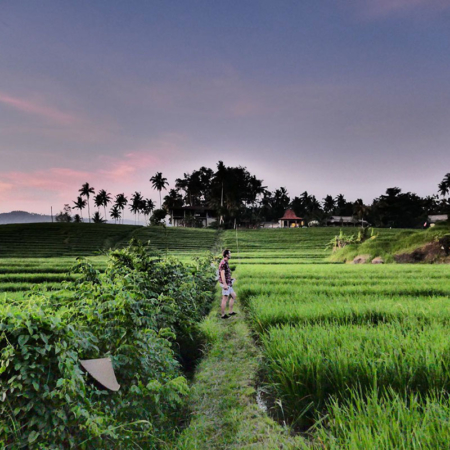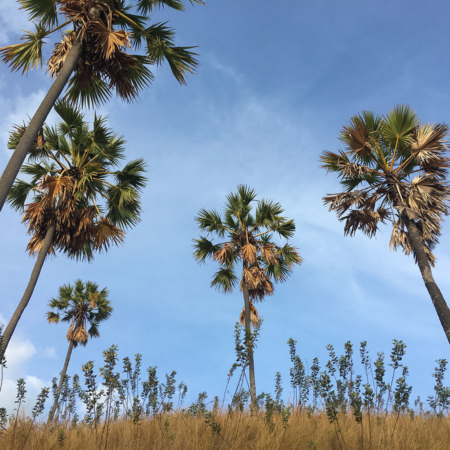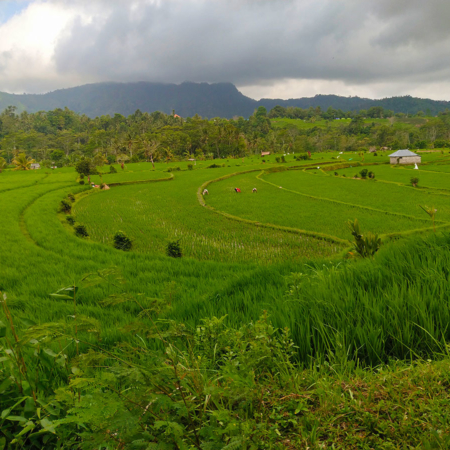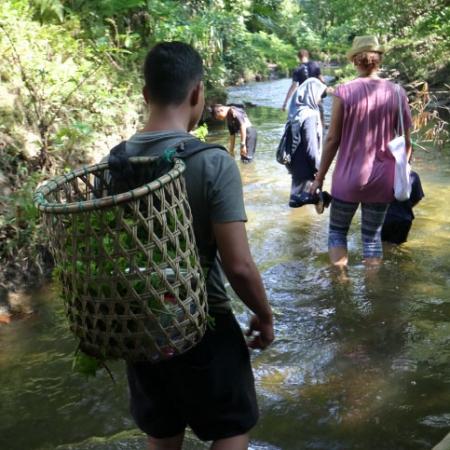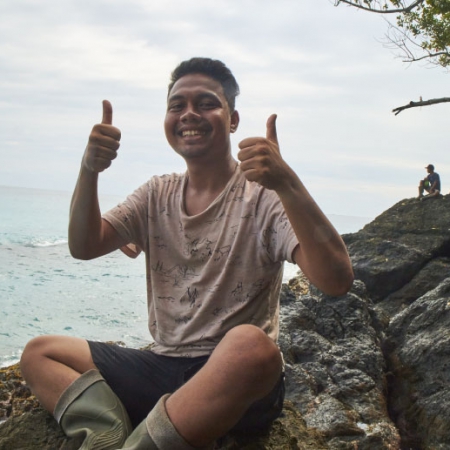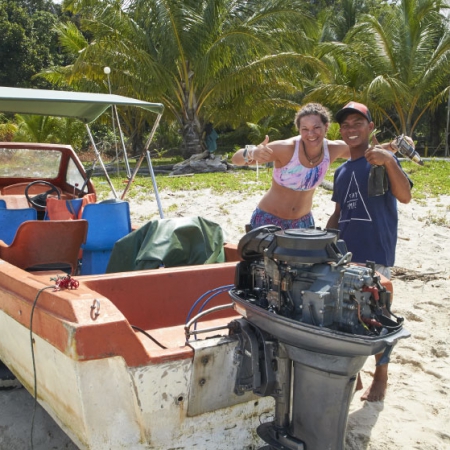EDE
BALI
EDE BALI
LOCATION
Bali, Indonesia
FOCUS
Sustainability, Cultural Immersion, Entrepreneurial Skills, Local Community Impact
CAPACITY
20
DATE
7 – 13 OCTOBER 2019
PROGRAM FEE
$600
LOCATION
Bali, Indonesia
FOCUS
Sustainability, Cultural Immersion, Entrepreneurial Skills, Local Community Impact
CAPACITY
20
DATE
7 – 13 OCTOBER 2019
PROGRAM FEE
$600
EDE
BALI
EDE BALI
LOCATION
Bali, Indonesia
FOCUS
Sustainability, Cultural Immersion, Entrepreneurial Skills, Local Community Impact
CAPACITY
20
DATE
7 – 13 OCTOBER 2019
PROGRAM FEE
$600
Mother Jungle has joined forces with Gaia Education and UNESCO Global Action Programme Priority focusing on Area 5 Accelerating Change at Local Level. We are proudly presenting the first ‘Ecovillage Design Education’ programme (EDE) in Indonesia, providing participants of all ages with the knowledge and practical skills to design a society which uses energy and materials with greater efficiency, distributes wealth fairly and strives to eliminate the concept of waste. It has become conventional to describe sustainable development in terms of three over-arching themes: economic, social, and ecological. The EDE recognizes and adds one other dimension to these fundamental areas of concern – a dimension called “Worldview.” This is in recognition that there are always underlying, often unspoken, and sometimes hidden patterns to culture that strongly influence and may, in fact, predetermine economic, social, and ecological relationships. An essential part of the course will be helping participants to reconnect to themselves and to nature and by so doing transform their worldview, thus supporting sustainable development by becoming agents of change.
Week 1: 8 – 14 July Social Dimension
Week 2: 15 – 21 July Ecological & Economic Dimension
Week 3: 7 – 13 October Worldview Dimension
The new worldview is being defined as an evolution from mechanistic to holistic, or from material to spiritual, interpretations about the nature of reality: Consciousness precedes physicality; ideas create form. An often-used word describing this underlying unity is Oneness. The purpose of the Worldview dimension of the EDE, therefore, is to articulate the parameters of this evolution as it pertains to the design and implementation of sustainable community models.
Based on the Island of Bali, the most popular island holiday destination in the Indonesian archipelago, our course will bring you closer to nature and provide a safe and tranquil environment for you to enjoy and thrive on. Bali is part of the Coral Triangle, the area with the highest biodiversity of marine species. In this area alone, over 500 reef-building coral species can be found. Bali is the home of the Subak irrigation system, a UNESCO World Heritage Site. The Balinese were able to develop and sustain their extremely complex agricultural economy for centuries through a very organized community structure. Bali is also home to a unified confederation of kingdoms composed of 10 traditional royal Balinese houses, where each house rules a specific geographic area. Bali boasts one of the most diverse and innovative performing arts cultures in the world and is renowned for its traditional and modern dance, sculpture, painting, leather, metalworking and music. The Balinese people and the unique centuries old culture make this island one of the most fascinating places.
You will stay in The Bamboo Lodge within the eco-village located just 5 minutes walk from Green School Bali. Green School is an example of an entire school, including students, educators, administrators, parents and community around the school being actively engaged in working towards a sustainable learning model for all with ESD fully integrated into the curriculum as the driving factor. The Lodge is the perfect location to learn about sustainable living and what impact this makes on our planet. During your visit, you will be able to fall asleep to the natural sounds of the jungle in a room made from 100% bamboo, have a swim in the natural spring pool by the Ayung River on your doorstep, and walk around our permaculture gardens to learn about the different herbs, plants, vegetables and fruit that we grow and consume sustainably.

